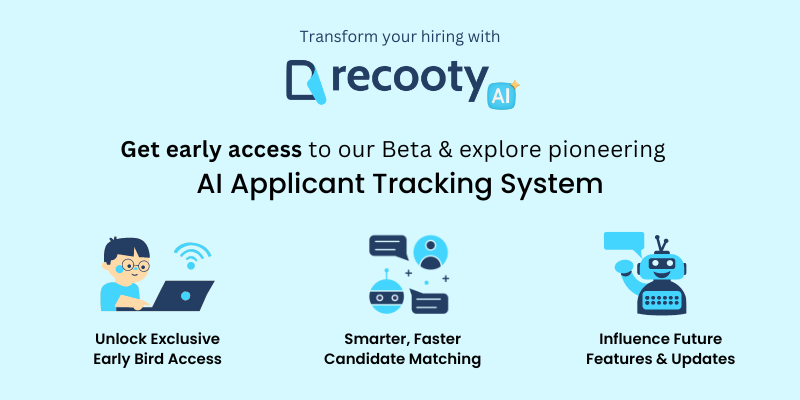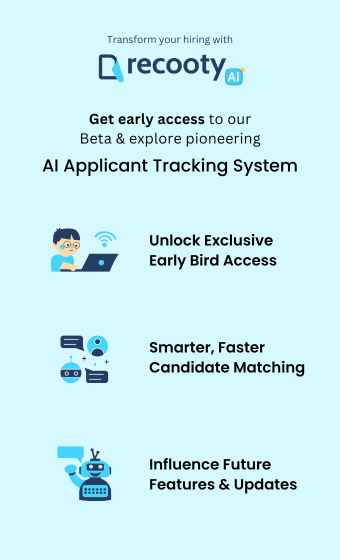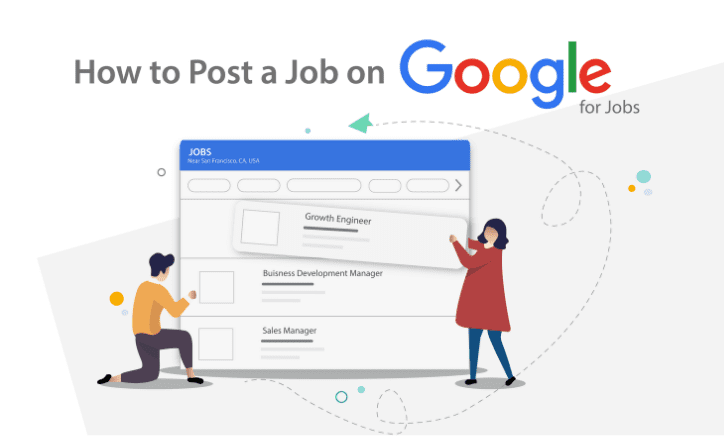
When we talk about startups, we often think of driven and optimistic individuals or the founders, who create a new venture from scratch. Of course, though the founders of any startup are very crucial, the success of this startup rests equally on the remainder of the founding team as it rests on the founders. A skilled and dependable team is the foundation of every successful business. It’s critical to get the right people on board so that the working efficiency of the company increases.
The hiring and onboarding process is tough as it is, but it is tougher for startups. The scalability of a startup is a continuous and eventual process. For a startup to be successful, it should be adaptable to a larger workload without compromising the performance or losing revenue. As the workload increases and becomes larger, it becomes very crucial that a great team is onboard so that the workload is divided and compartmentalized efficiently. A startup is scalable, only when it has great people onboard. To onboard and manage a great team of employees, constructive Human Resource management is paramount.
It is often thought that the HR department is something that only big companies and conglomerates focus on, but in reality, it is far from the truth. HR is critical for every business be it SMEs, startups or big enterprises. It is way more important for startups when they want to scale up. Without a well established and systematic HR, instead of scaling up startups may miss out on the best candidates or even worse, end up hiring wrong people.
As a result, many startups reduce the rate of hiring and tend to pile up extra responsibilities on their existing staff. This is simply a recipe for destruction. Overworked staff will simply leave your company and over-competent staff will burn out.
Worry not, here we have a detailed guide where we are going to take you through what HR management is, what are the challenges faced by HR in startups and SMEs and startups, and finally, strategies to build a great and systemized HR that can help you scale up your startups and take it to new heights.
What is HR Management?
Typically defining HRM, which is short for Human Resource Management is an internal function in an organization that has the purpose to maximize the current employee’s performance as well as hire new people to reach the company’s strategic goals. The prime concern of the Human Resource Department is to manage people within an organization and keeping them on the right track according to the policies and strategies of the company.
Why Do Startups need HR?
Usually, most organizations function on a blueprint of systems build on organizational hierarchy, job descriptions, and a basic understanding of how to get things done. But when we talk about the functioning of startups and SMEs, with a handful of people all these pieces of information are available informally- generally stored in someone’s head. Daily tasks are never really written down and information exchange takes place usually through phone calls or chats.
But the main problem comes when this startup starts to scale up. When the workload increases, this informal startup usually starts to crack and fails. The needs for employees increases and each time a new employee is hired, this information that is shared informally demands formality. It needs to be shared formally and this process becomes hectic and time-consuming. This can be strainful and naturally, it affects the quality of services and restricts the growth of the startup. This is where the need for a systematic HR emerges in a startup.
What Are The Challenged Faced By The HR of Startups?
Once you decide to build an efficient HR department for your startup, the next thing you need to do is analyze the challenged the HR might face. Knowing and analyzing the potential challenges will help you to build and improve HR accordingly. Paying attention to HR not that common and that’s why HR managers face certain challenges while making efforts to show you that they can take your startups to new heights. Here are some key challenges that most HR managers face in a startup with solutions on how to counteract them.
1. Retaining and Rewarding Employees:
It has been seen in various studies and researches that retaining and rewarding the top employees is a big issue for HRs in a startup. Providing employees with work flexibility and comfort is a great way to retain the top talents and reward them generously. You can offer your employees flexible office hours and the liberty to work from home in order to satisfy the employees as well as employers.
2. Developing Next Gen Leaders is Challenging:
The new generation of employees is quite ambitious. Every employee aims for crossing all the limits and go as far as possible in their professional careers. Being a startup you will have fewer top positions and scope for promotions. Considering this situation, the HR department can move the employees by enriching their work experience. Provide them new and exciting opportunities to learn new skills and throw in some extra perks like providing flexible work hours and off days.
3. Offering Good Salary Packages:
Undoubtedly, startups cannot offer fancy salary packages and benefits to their employees as big corporates do. To compensate this, HRs need to make sure that the salary package offered by them is competitive enough. Present their role in such a way that it instills a sense of enthusiasm within them and they prefer you over corporates. Offer as many benefits to your team as possible like health and life insurance, retirement plans, etc.
After having knowledge of a few of the major challenges, now it’s time for a great strategy to help and systemize the HR department of your startup. Here we have some great strategies that can help you do that and scale up your startup effectively.
Top HR Strategies To Scale Up Your Startup:
1. Find the Right People:
With an onboarding process all planned out, your HR will now be ready to find new and talented people to start working with. Being a startup, it is always a better idea to outsource work before you create full-time roles. Prefer onboarding freelancers as they are available readily in all niches. There are many online platforms and portals available where you can connect to and interact with freelancers. Since you’re looking to outsource, but with a vision to hire, relying only on the online portals is not such a good idea. They will only connect you with the freelancers but you can’t scale the relationship of a client-freelancer relationship to a full-time one. A little more initiative like posting job ads on LinkedIn, Facebook groups, and various job boards can give you quality candidates. You can also use simple recruiting tools which will automate the job posting to all the channel within a single submission. This will definitely expand your reach to a greater pool of candidates.
2. Shortlist The Best Candidates:
Once you have found the right candidates the next significant task is to screen them. It’s one of the most important and cumbersome functions of your HR department and what type of candidate will be on-boarded pretty much decides on this. A very effective and fast tip to begin screening candidates is to assign them simple tasks that are somewhat similar to what they’ll be doing if they’re hired. It’s we provide you a great insight into the candidate’s style of working, their skills and suitability for the role. You can easily assess the quality of their work without the resume being the only way to assess.
3. Scale The Role:
After identifying the people who are going to work for you, the next task is to execute the onboarding process that is already planned by the HR managers. If everything goes well according to the planned onboarding process, your working relationship develops with your employees and naturally, you can introduce more tasks for them to tackle. Keep the process of scaling the role of employees slow and smooth. Give them sufficient time to get used to the current responsibilities and then add new ones. Project the responsibility scaling as a great opportunity to learn new things and pick up more hands-on experience.
4. Improve Employee Satisfaction:
As a startup owner, it’s very important for you to understand that employees are the greatest asset for a company, especially for a startup. That’s why it becomes absolutely critical to take care of their needs and make sure they are fully satisfied with their work and role in the company. By doing this, employee’s morale increases and they become more productive. A sense of commitment and loyalty is inculcated within them and hence the employee turnover rate falls drastically.
Although this guide is perfect for startups and SMEs, most of its fundamentals also apply to big enterprises and corporates. With the right knowledge and systemized strategies, you can effectively hire multiple people for your team and take your startup to new heights.







